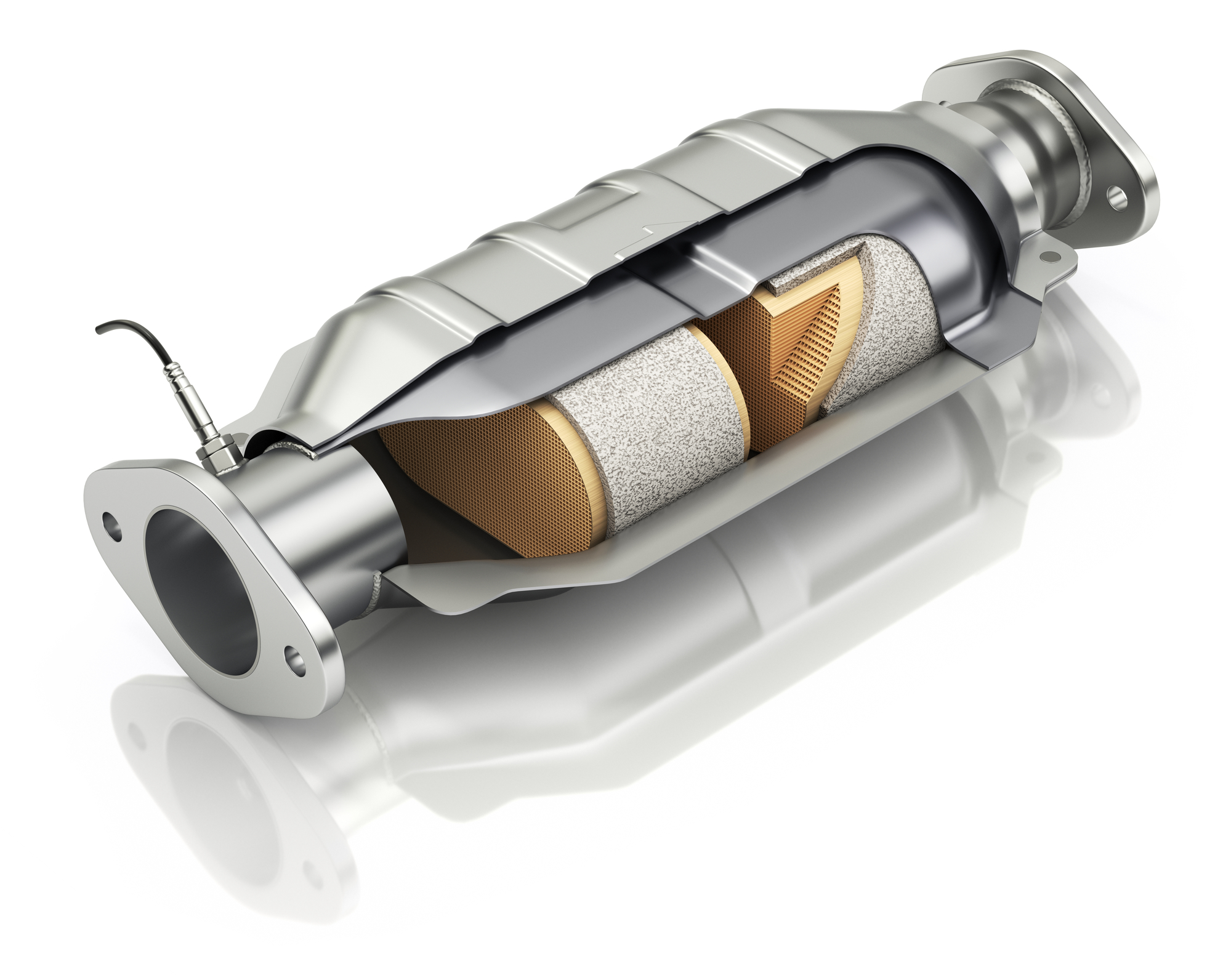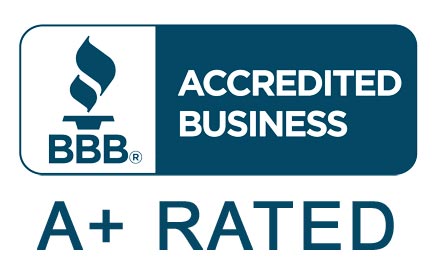The theft of catalytic converters has drastically increased due to the escalating costs of metal and the rising value of palladium. Based on a study of reported thefts, 108 catalytic converters, on average, were stolen every month in 2018. In 2019 that number went up to 282 thefts a month, 1,203 thefts a month in 2020. To make matters worse, catalytic converters are hard to steel. Replacing them is expensive too, which is why many car owners are purchasing aftermarket catalytic converters.
Supply and Demand
Catalytic converter theft has become an industry-wide challenge and for the victims of these thefts, it’s even more problematic. They have to shell out big bucks and wait weeks to get the part replaced because the shortage of the precious metals involved means a shortage of parts. Manufacturers are having a difficult time keeping up with demand. In many cases, it can take months to provide just an estimate of when they’ll receive the catalytic converter. In some cases, orders are being canceled.
Aftermarket Catalytic Converters – Are They a Good Option?
Replacing a catalytic converter is expensive, especially if you buy a brand new OEM (original equipment manufacturers) version. Manufacturer-sourced catalytic converter replacements/repairs can run well over $1000, so it’s not surprising that car owners frequently turn to alternative resources when facing this repair. An aftermarket catalytic converter can save you over 80% on the price of a new OEM version, a significant savings.
What Is An Aftermarket Catalytic Converter?
An aftermarket catalytic converter isn’t identical to the original equipment manufacturer catalytic converter. Just make sure the aftermarket catalytic converter you consider meets your state’s or region’s requirements as well as vehicle compatibility. If not, passing the emissions test is going to be challenging.
How Are Aftermarket Catalytic Convertors Different?
“Aftermarket” means that the parts are replacement parts for the original manufacturer’s equipment. Aftermarket catalytic converters are very inexpensive compared to the OEM converters because the manufacturers that produce them don’t necessarily meet the warranty standards of OEM catalytic converters and do not bear a brand name. However, they are often just as good as the original OEM parts and come with a much lower price tag.
What Questions Should I Ask Before Purchasing An Aftermarket Catalytic Converter?
When it comes to aftermarket vs OEM catalytic converters, the decision will depend on several factors. You’ll want to ask these questions: are they EPA compliant, and are they backed by a warranty (a minimum of 5-years). If the answers are “yes,” you should consider buying the catalytic converter. The quality of aftermarket catalytic converters vary, so make sure to buy from a company that has a good reputation and meets the above requirements.
The lead time to get an OEM catalytic converter can often be three months or more. That’s a long time to be waking up your neighbors as your car loudly putts down the road. We can often secure an aftermarket catalytic converter within days. Call us today to get your car scheduled for service. Contact us at: https://www.hi-techcarcare.com/contact/






Join the discussion 4 Comments